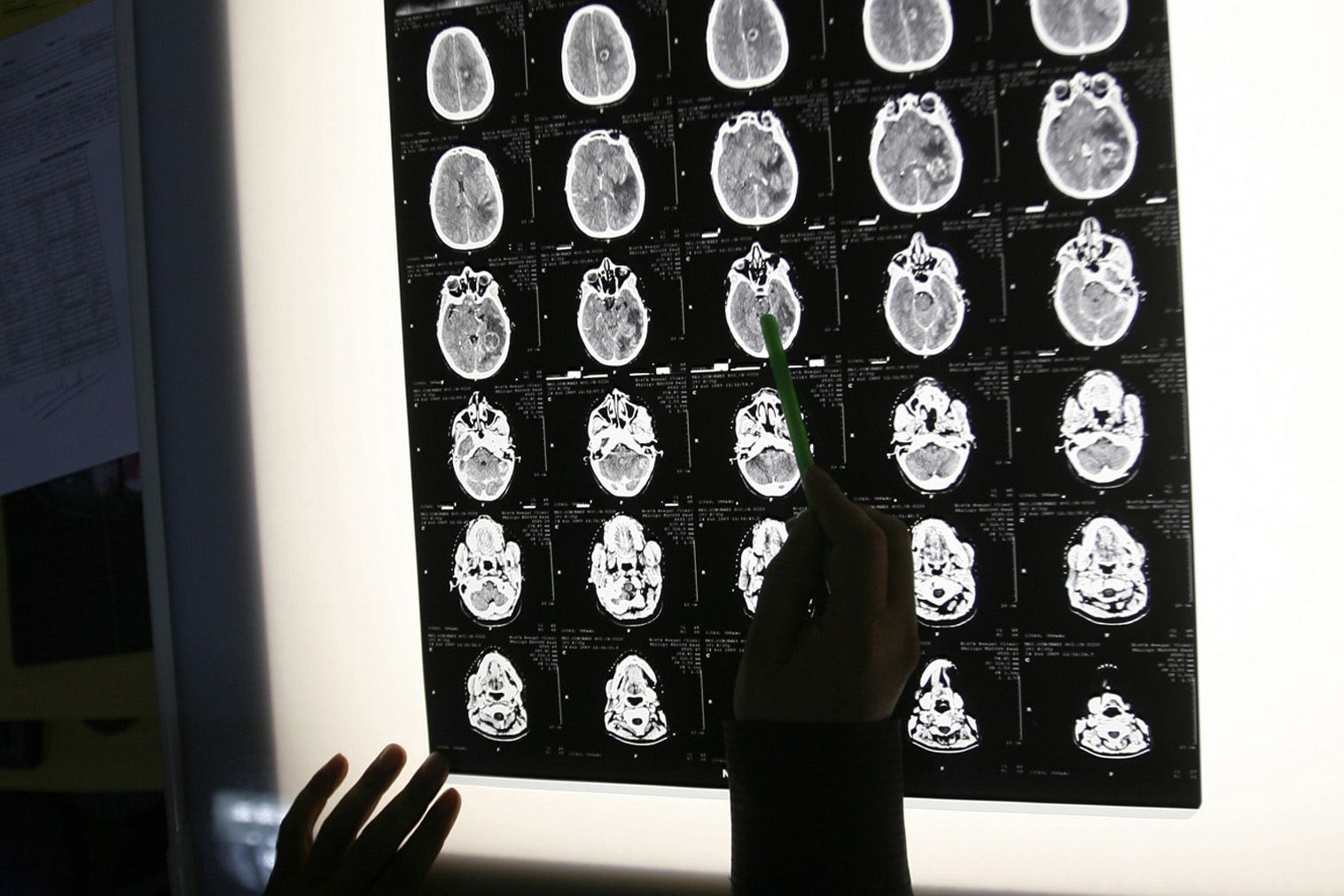
Comparing human brains to computer "brains" may seem like reverse logic, but in the case of one recent discovery, your laptop might be the best example we have to explain how your memory works.
How was that movie you saw yesterday? How do you feel about that summer after seventh grade you spent camping in Vermont? How do you remember your high school experience, overall?
You could probably answer any of these questions a moment after they were asked, but not because you went back and replayed all of the memories you had stored for each occasion. Turns out, it's because we compress memory data in our brains much like the way computers compress large files for quicker access.
In a paper published Wednesday in the journal Neuron, researchers announced the discovery of a mechanism that compresses information we use for memory retrieval and planning future actions, and encodes that data onto a brain wave frequency that's separate from the one our brains use to record experiences in real time. This second brain wave frequency is the one we use to play back memories much faster than they actually happened, the researchers found.
These wavelengths are called "gamma rhythms." The brain encodes real-time information in high resolution onto fast gamma rhythms, which have waves that come quickly, one after another. But the brain encodes information about retrieving memories from the past and planning for the future onto slower gamma rhythms, with waves that are longer.
Each of these "slow" waves holds far more points of information than each "fast" wave, effectively compressing more data into a smaller brain "file" to be played back quickly at a later time, the researchers write. And much like how a compressed file on a computer is likely to be less data-rich or high-quality, so too is the compressed brain file—it lacks the details experienced during the actual event being remembered.
"The reason we're excited about it is that we think this mechanism can help explain how you can imagine a sequence of events you're about to do in a time-compressed manner," Laura Colgin, an assistant professor of neuroscience at the University of Texas at Austin and an author of the study, said in a press release. "You can plan out those events and think about the sequences of actions you'll do. And all of that happens on a faster time scale when you're imagining it than when you actually go and do those things."
The finding may help researchers understand why patients with schizophrenia who are experiencing disrupted gamma rhythms find it difficult to tell the difference between what has actually happened and what they may have imagined, according to Colgin.
"Maybe they are transmitting their own imagined thoughts on the wrong frequency, the one usually reserved for things that are really happening," Colgin said. "That could have terrible consequences."
Uncommon Knowledge
Newsweek is committed to challenging conventional wisdom and finding connections in the search for common ground.
Newsweek is committed to challenging conventional wisdom and finding connections in the search for common ground.
About the writer
Zoë is a senior writer at Newsweek. She covers science, the environment, and human health. She has written for a ... Read more
To read how Newsweek uses AI as a newsroom tool, Click here.








